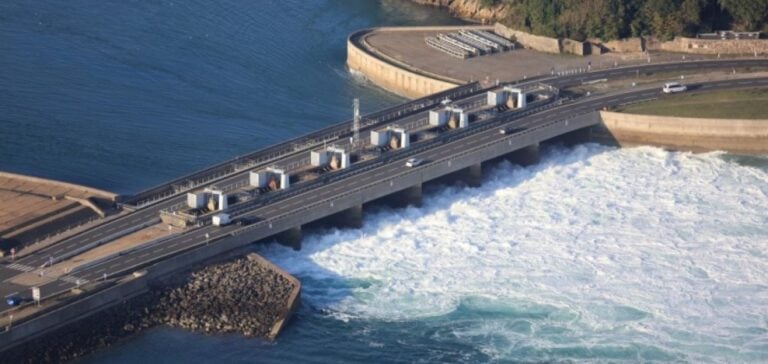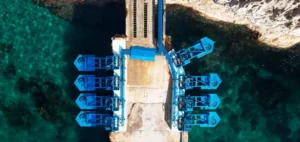The Liverpool City Region Combined Authority has decided to press ahead with the £3.5 billion MerseyTidal Power project. A scoping opinion will be submitted to the Planning Inspector later this year. Discussions focused on the transition of the project, potentially the world’s largest, from concept to the first stage of the formal development process.
Mayor’s proposals
Steve Rotheram, Mayor of Liverpool, presented proposals for a tidal scheme on the banks of the Mersey. A dam between Wirral and Liverpool is preferred, also serving as a flood defence and pedestrian and cycle link between the two areas. “There’s never been a better time to propose a project of this scale,” said Rotheram.
Approval process and development
Councillors approved the submission of a scoping opinion for the dam project to the Planning Inspector for England. Submission is the first step towards the preparation of a development consent order, a process which generally takes two to three years. They also approved the continuation of phase four development activity, including consent, engineering and commercial activity.
Dam selection
One report recommended against pursuing the lagoon scheme options, favoring the dam as the shortest structure that could be built with fewer materials and lower costs. The dam offers potential flood mitigation and avoids the large-scale import of materials to create a lagoon structure. It would also link Liverpool and Wirral via a pedestrian and cycle path.
The project is described as the UK’s leading tidal project, requiring government support and consent for a high-profile scheme. Recent meetings with the government have been described as encouraging. Rotheram suggested that a change in political leadership could boost the project, attracting not only domestic but also external investment.






















